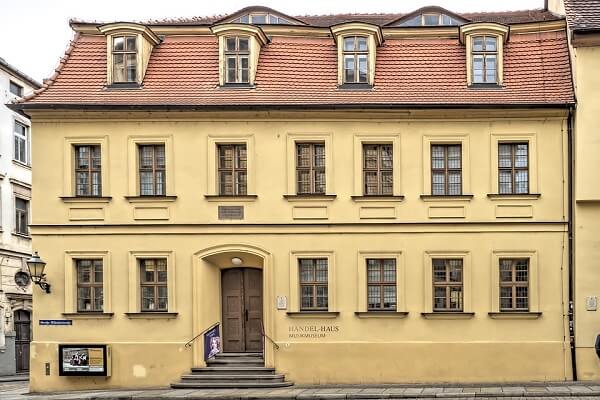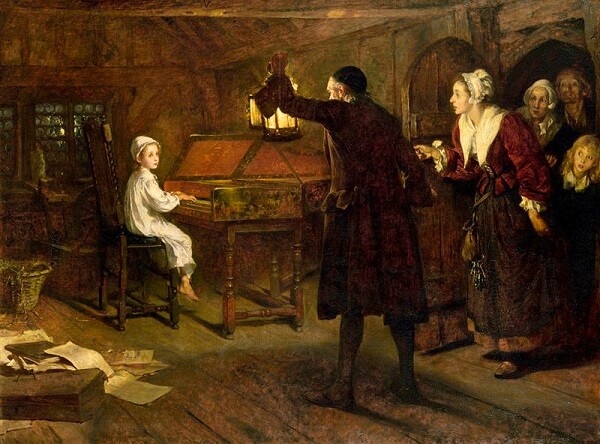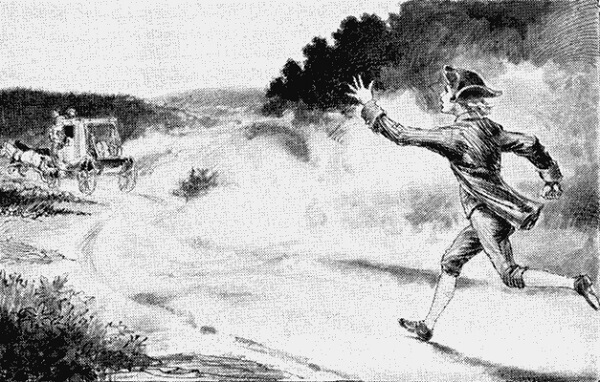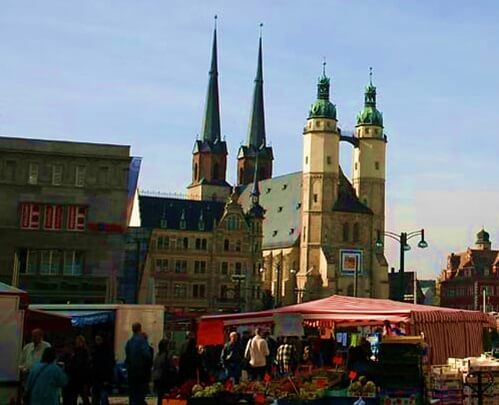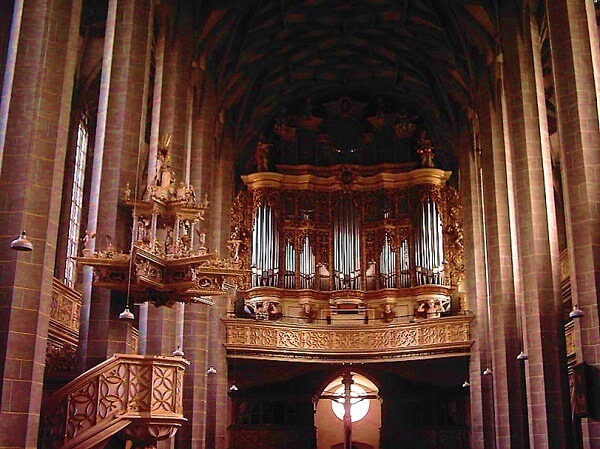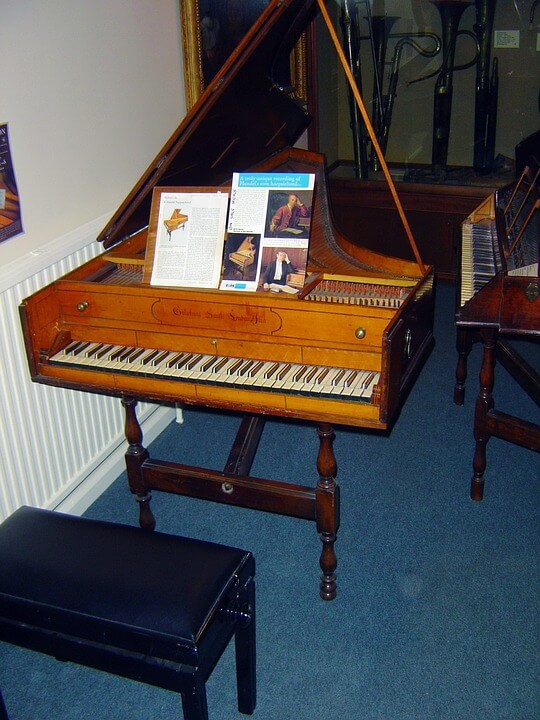Activity 1: Recite the Composition Information
- Recite the name of the composer and the composition.
Activity 2: Study the Music Timeline
Examine the music timeline to answer the following questions.
- What is the year of birth of the lesson composer?
- What is the year of death of the featured composer?
- How old was the composer upon death?
- Which composer (if any) directly precedes the studied composer by date of birth?
- Which composer (if any) directly succeeds the lesson composer by date of birth?
- Which other timeline composers were alive at the same time as the studied composer?
Activity 3: Map the Music
- George Frideric Handel was born in Germany.
- Find Germany on the map of Europe.
Activity 4: Study Facts About George Frideric Handel
Read and study these facts about Handel.
- He was born in Halle in Germany, February 23, 1685.
- His full name was George Frederick Handel.
- His father was a barber and surgeon, who intended his son to become a lawyer.
- As a little boy he practiced the harpsichord in the garret.
- Once he went with his father to the home of the Duke of Saxe-Weissenfels.
- Here he played the organ and won the Duke's attention.
- The Duke advised the father to let the boy study music.
- His first teacher was Zachau, who taught him many things, including organ and harpsichord playing.
- After a few years with Zachau he went to Berlin, and there met two famous men.
- Then he returned to Halle, but after his father's death he went to Hamburg.
- At Hamburg he and Johann Mattheson became good friends.
- He lived in Italy for three years.
- Returning to Germany he agreed to become Capellmeister to the Elector of Hanover.
- But he failed to keep his promise to the Elector by overstaying his leave of absence in London.
- The Elector became King of England. He was very angry at Handel for disobeying him.
- Handel won his friendship again by writing the Water Music for a royal boat procession on the river Thames.
- For many years Handel composed operas, but finally he won fame by writing oratorios.
- He wrote the Messiah and many others well known today.
- He became blind toward the end of his life.
- He died on Good Friday, 1759.
 12 Tremendous Composers
12 Composers
12 Tremendous Composers
12 Composers

 12 Tremendous Composers
12 Composers
12 Tremendous Composers
12 Composers


